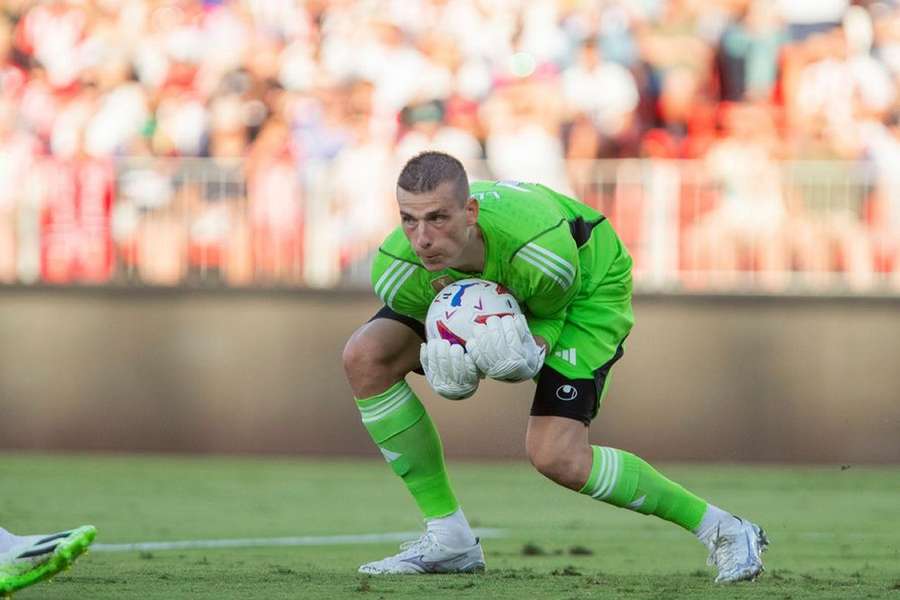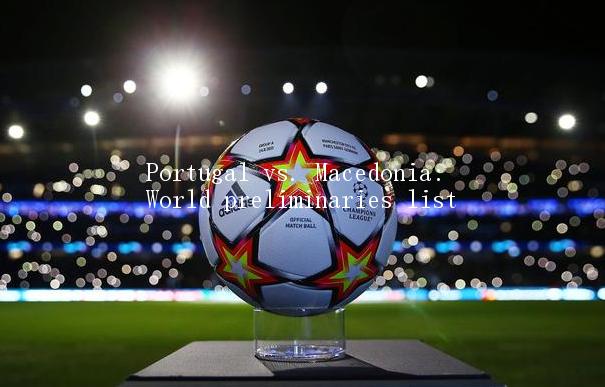Player identity: naturalization or planning?

Naturalization and planning refer to the two ways players take when representing a country in international competitions. Naturalization means that a foreign player chooses to join the nationality of another country under the conditions set by FIFA and participates in competitions on behalf of that country. Planning means that a young player is selected to join the national team at an early stage, and then becomes a member of the national team through special training and training.
The identity of naturalized players in international football is controversial. On the one hand, naturalization can increase the strength of the team and enhance the competitiveness of the team. Many national teams use naturalization policies to attract foreign players to make up for the relatively low level of football in their own countries. For example, China's men's football team has introduced a number of naturalized players, hoping to make breakthroughs in the world competition. Naturalization also helps improve players 'personal development, gives them more opportunities to participate in high-level international competitions, and improves their technical and tactical levels.
However, naturalized players can also cause some controversy. Some people believe that naturalized players may occupy the position of domestic players, reducing the opportunities and development space for domestic players. In addition, there are cultural differences and language barriers between naturalized players and national players, which may cause certain problems to the cohesion and teamwork of the team. Others question the loyalty of naturalized players and worry about whether their mentality and attitude meet the requirements of representing the national team.
In contrast, planning players 'identities in international football competitions are easier to accept. Through early selection and training, the national team can focus on discovering and cultivating young football talents. Planning players usually have a high sense of national identity and are easier to integrate into the national team, and their technical and tactical levels are also specially trained and trained by the national team.
However, the number and quality of planned players are limited by a number of factors, such as the size and quality of the football population, the allocation of football training resources, etc. Planning players need to go through a long training and training process and develop sufficient strength and experience before they can represent the national team. The effect of improving the strength of the national team in the short term is relatively low.
Naturalization and planning are common identities in international football competitions, and each has its own advantages and disadvantages. Naturalized players can quickly increase the strength of the team, but it may cause controversy and problems. Planning players can discover and cultivate young football talents, but the development cycle is relatively long. When choosing identity, countries need to weigh the pros and cons and make appropriate choices based on their own actual circumstances.
RELATED STORIES






LATEST NEWS







